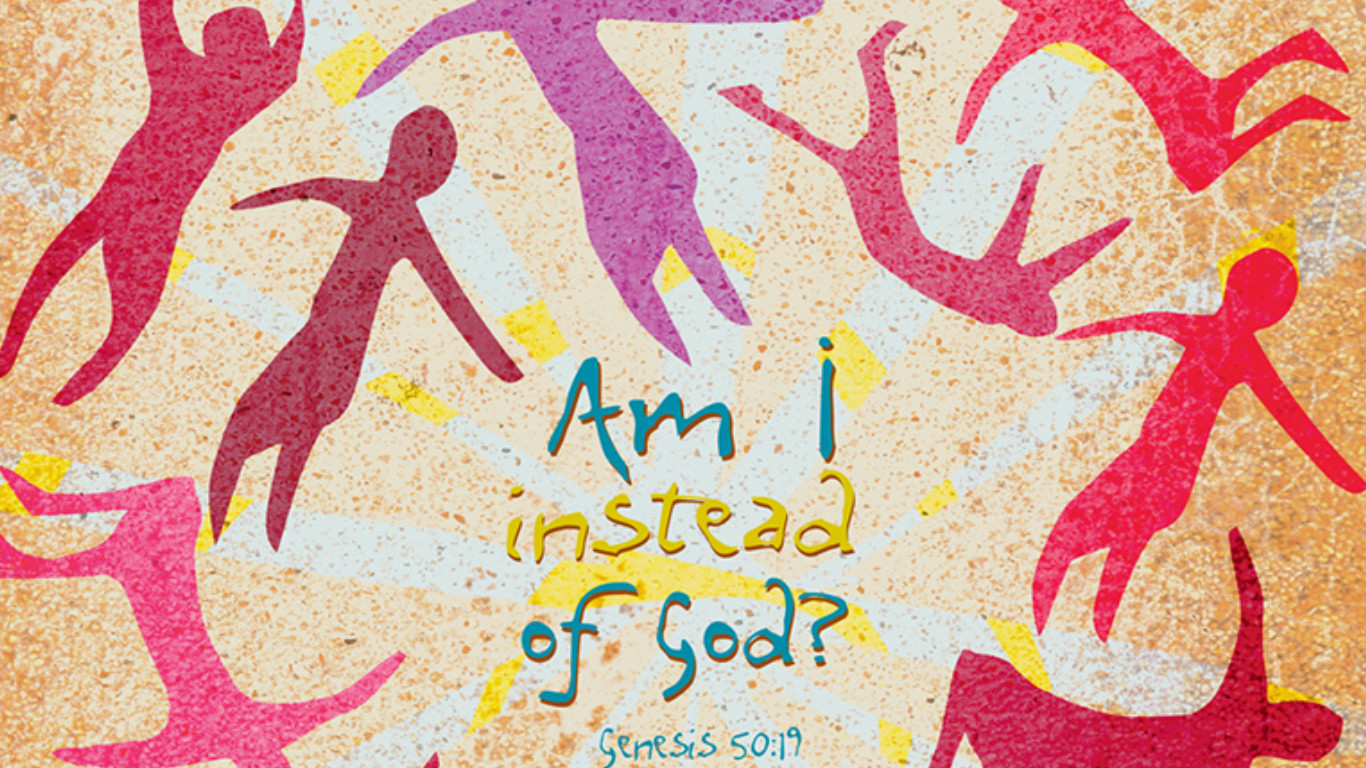My kids love playing The Legend of Zelda: Breath of the Wild. It is a special thrill to watch them enjoy it because when I was ten years old, I loved the original Legend of Zelda as much, if not more.
Questing as the hero Link on his mission to save the land of Hyrule has a certain timeless appeal, but the game has changed quite a bit in the last 30 years. While Link’s appearance and gadgets remain much the same, the world he moves through is entirely different. The original game had definite boundaries, each screen framed by a rectangle safely limiting the gamer’s choices about where to go. In today’s version, nothing is boxed in, the pathways are undefined and varied, and the directions one can move in are infinite.
The change of the game is a reflection of larger changes in the world. The changing of our brains in response to the incessant stream of stimuli and information, the ability to live multiple lives on virtual platforms, the nature of the world today has a marked difference from even just a few decades ago. And yet, in Parashat Vayechi, Jacob’s parting words seem to call out across the epochs with a voice of wisdom for the precarious world we inhabit.
In Parashat Vayechi, the final Torah portion in the Book of Genesis, Jacob blesses his children just before his death. It is a mix of admonitions and praises, aspirations and blessings. Isaac Lindo Mocatta, one of the great voices of England’s Sephardic community in the 19th century, directs us to contrast Jacob’s statements to Reuben and Joseph. Reuben, Jacob declares, is “unstable as water.” But to Joseph, Jacob states: “Archers bitterly assailed him; They shot at him and harried him. Yet his bow stayed taut, and his arms were made firm by the hands of the Mighty One of Jacob” (Genesis 49:23-24)
With your help, My Jewish Learning can provide endless opportunities for learning, connection and discovery.
Mocatta explains: “Free to choose, let us take example from Joseph and warning from Reuben; let us be courageous and earnest in good … ever firm as strong whereby we may secure the approval of our conscience…”
Mocatta elaborates on “the good” by highlighting Joseph’s love of his father, service to his adopted country and faithfulness to God. What this teaches us about “the good” is worthy of serious contemplation. However, I’d like to focus on something that might escape our attention: Mocatta’s understanding of Jacob’s archer as a symbol of steadfastness in purpose.
Mocatta calls to our mind how an archer behaves, taking into consideration the wind, the landscape, light and distance, all of which are constantly changing. The archer adjusts in response, but their focus on the target does not waiver. This analogy makes a claim about change and steadfastness. Some would argue that the way to maintain steadfastness is to force the world back into some imagined stasis, into a box with definite boundaries that make our choices feel clearer and safer. The archer asks us to recognize that that is not how the world operates. Change surrounds us all the time, but that doesn’t require us to abandon steadfastness of purpose. We can accept that things change and still be committed to our ideals. We can learn to understand these changes and how to pursue our ideals in their midst. In fact, Mocatta tells us, we must do this if we hope to “secure the approval of our own conscience.”
Link’s world certainly has changed in the last 30 years, and yet the very fabric of who he is always sees him through to the end. In many ways, we are on that journey with him. Our world has and continues to change in ways that often leave us feeling bewildered, but our response cannot be to force the world into some imagined stasis. Just like the archer can’t stop the wind but still pursue their target, we must pursue love, service and faithfulness no matter what is going on around us.
That is a lot easier said than done. But with each choice we make for it, we are choosing a life worthy of its own legend.
Read this Torah portion, Genesis 47:28 – 50:26 on Sefaria
You May Also Like:
Sign up for our “Guide to Torah Study” email series and we’ll guide you through everything you need to know, from explanations of the major texts to commentaries to learning methods and more.
Subscribe to A Daily Dose of Talmud: Daf Yomi for Everyone — every day, you’ll receive an email that offers an insight from each page of the current tractate of the Talmud. Join us!
About the Author: Rabbi Devin Maimon Villarreal is a teacher, coach and educational consultant that works with Jewish day schools and organizations across the United States. Much of his work centers on creating a more diverse notion of Jewish literacy through the inclusion of Sephardic and Mizrahi perspectives.



